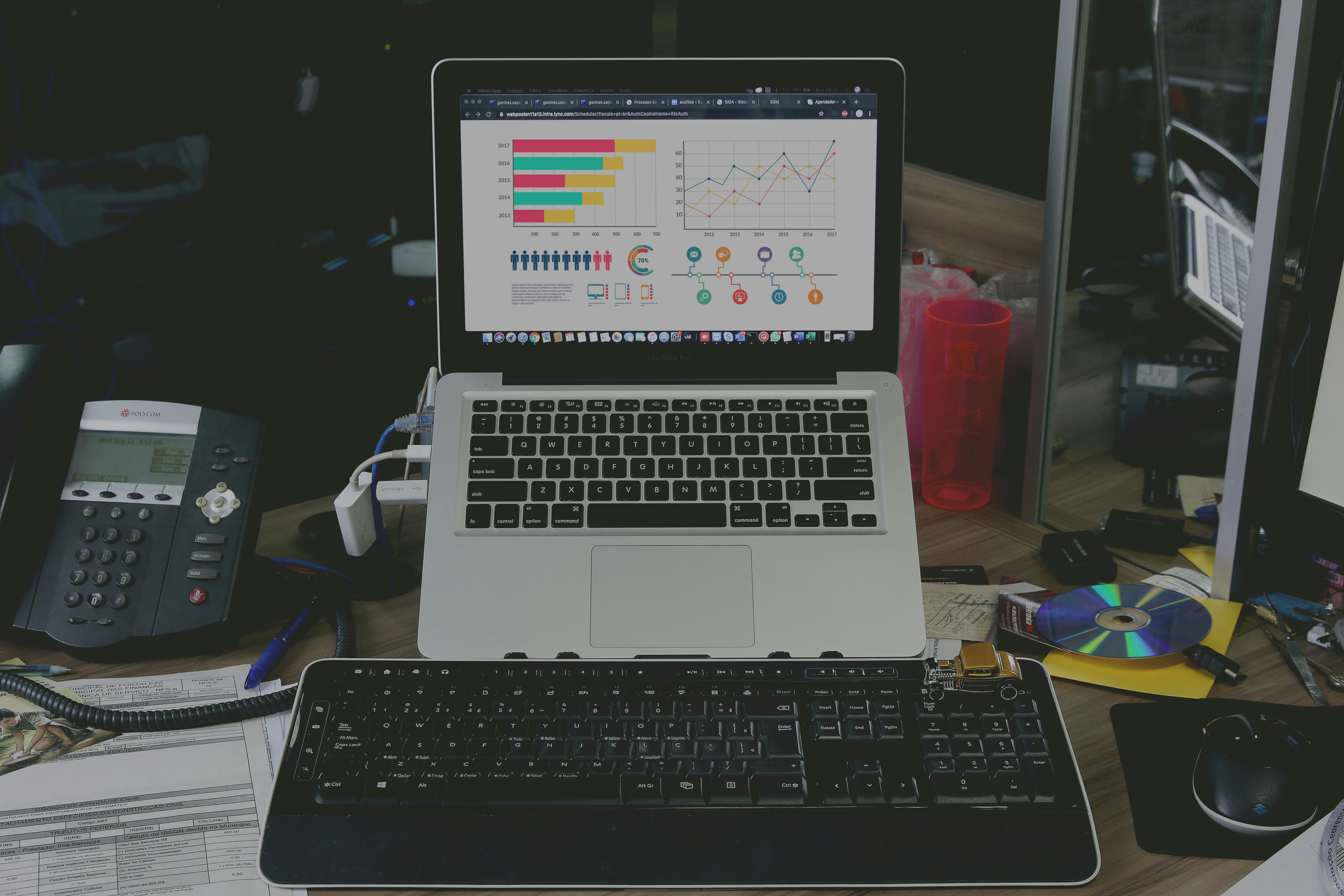Social media as a phenomenon has grown at an exponential rate, to the point in which it is ingrained in our culture. Social networks have become places where users are able to communicate, express themselves and remember the past at the click of a button. Through social networks, Internet users can not only interact with the online world; they can forge an identity within it.
Social media has already changed a great deal many things. It has changed the way we communicate, the way we share information and how we prioritise our time. It allows us to gauge whether a certain person is really a good or bad influence and gives us a peephole into others’ lives to discover the things that really matter to them. Through it we can be both ourselves and the person we aspire to be. But it can also be a concern.
What is concerning…
Last year a survey of 2,000 smart-phone users by Tecmark discovered that the average user looks at their phone 221 times a day, equating to 3 hours and 16 minutes over 24 hours, which is the equivalent of almost a whole day a week. While this came as great news for the digital marketing world, is it great news for the real world?
A few years ago I was able to study alongside Gary Turk, the guy who created the Look Up video that now has over 53 million views on YouTube. While I don’t necessarily believe that smartphones are quite the villain Mr Turk makes them out to be, he certainly has a point. If we’re known for frequently engaging on social media, we need to make darn sure we’re also engaging socially in ‘real life’ – and even more frequently than in the digital world. Otherwise, what do we really have to talk about?
Believe me – we might spend every waking hour on social media, but every single person at Giraffe is incredibly ‘real-life’ social. Our office is a loud place and there is always something going on. Feel free to pop in if you’re ever around Portsmouth.
How social media can change the world
Social media is a powerful tool. We as users are responsible for making sure it gets put to good use. When you consider just how fast information can spread on the platforms, this should only be good news – in situations like disasters when response speed can mean the difference between lives saved and lost, instantaneous communication is an incredible thing. The same can be applied for spreading awareness of charitable efforts and inspiring response – the sheer reach over a small amount of time is unsurpassable by other forms of media. Sadly the spread of information isn’t always good.
Misinformation and propaganda is often passed off as fact by networks with extremist views which is then shared. This often finds its way onto feeds of vulnerable people who will believe it. Not only that but other more trivial things can actually have a knock-on effect on the lives of others. For example, a study by researchers at the University of California, Yale and Facebook discovered that emotions can actually be spread via social networks.
What do we need to do?
Most people’s natural reaction to racist, extremist or negative views on social media is to unfriend or unfollow the culprit – but will this really help in the long run? If we are careless we could end up with two networks – one which breeds hate and hostility towards others – and one which doesn’t, but doesn’t acknowledge the other. We need to challenge those views – not with anger but with humility. Then we can help others grow in their understanding of others and promote tolerance in this global society.
Aside from that – we need to be positive! Remember that study we mentioned earlier about emotions being spread by social media? Well, it claims that positive emotions can have a stronger impact than negative ones. Cool right?! So yes, angry people can make us angry, and grumpy people can make us grumpy – but happy people will certainly make us happy – and when we’re happy, we will make them happy! So those positive posts you “only do every once in a while”? Do those more.
If we use it wisely, social media could evoke the positive social change that we want to see in the world – then, yes, social media could change the world.




